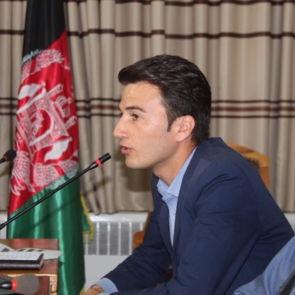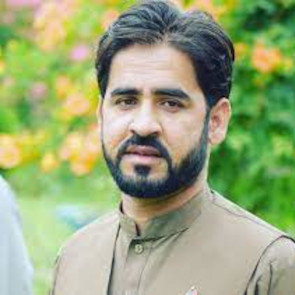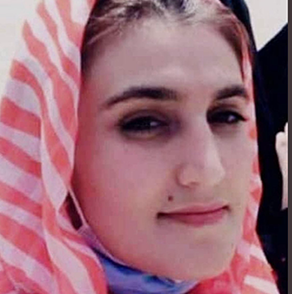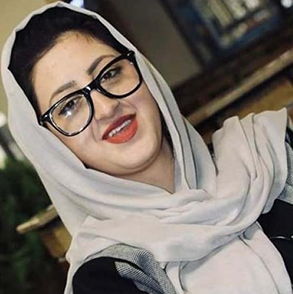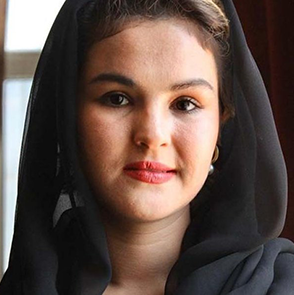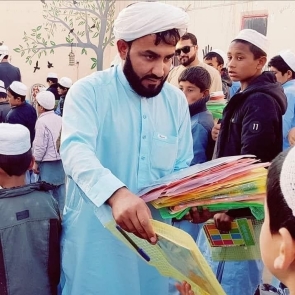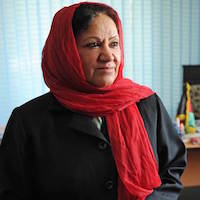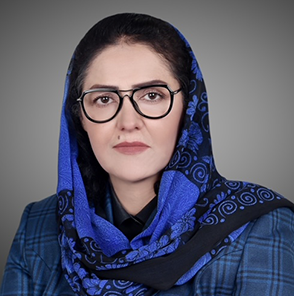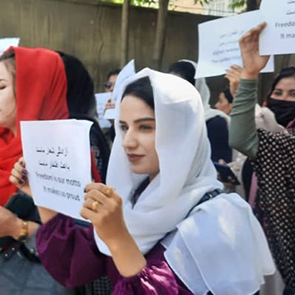#Afghanistan
#Afghanistan
The continuing lack of security and instability in the country impact negatively on the ability of woman human rights defenders (WHRDs) and human rights defenders (HRDs) to carry out their work. They are subjected to threats, intimidation, harassment, surveillance, arbitrary detention, enforced disappearances and extrajudicial killings. Perpetrators include both state and non-state actors – who act with impunity, knowing that the State lacks the ability and commitment to ensure the safety of defenders and ensure accountability for crimes. Human rights defenders working in remote regions, are at particular risk and vulnerable to attack. Women human rights defenders and those working on the rights of women and girls, are systematically threatened, and attacked – for the work they do, and what they represent. WHRDs are seen as a direct challenge to the status quo. They lack effective protection from the State including police, and face obstacles and threats from within their own communities, state agencies, and extremist groups.
The 2019 Afghani presidential elections, saw the country entering a political turmoil, with Ashraf Ghani and Abdullah Abdullah both claiming a win and setting up their own offices. While both leaders later signed a power-sharing deal on 16 May 2020, with Ghani remaining president and Abdullah heading talks with the Taliban, the impact of this crisis hit hard the governance of the country as well as the security of defenders.
The ongoing peace-talks with the Taliban and US withdrawal have also presented their own risks to defenders, especially WHRDs. In February, after more than eighteen years of conflict, the United States and the Taliban signed an "agreement for bringing peace". However, the Taliban continue to impose severe restrictions in areas under their control. HRDs are still targeted for voicing and documenting human rights violations with severe reprisals.
Violence against women remains endemic despite the adoption of a landmark law on the Elimination of Violence Against Women – which remains largely unenforced, in particular in rural areas. In the past couple of years, Afghan women’s rights groups and other civil society activists called for broad representation of Afghan women in the talks and preserving human rights protections, including constitutional guarantees on women’s equality, in any settlement.
The work of Afghanistan's Independent Human Rights Commission (AIHRC) has been severely affected by lack of adequate resources. The commission’s members have been increasingly attacked, with several members being intimidated, kidnapped and even killed. Despite a public commitment to protect defenders and the launching of a protection strategy for human rights defenders in early 2020, the government has failed to investigate and bring justice to those that have been victimised and targeted as a result of their human rights work.

